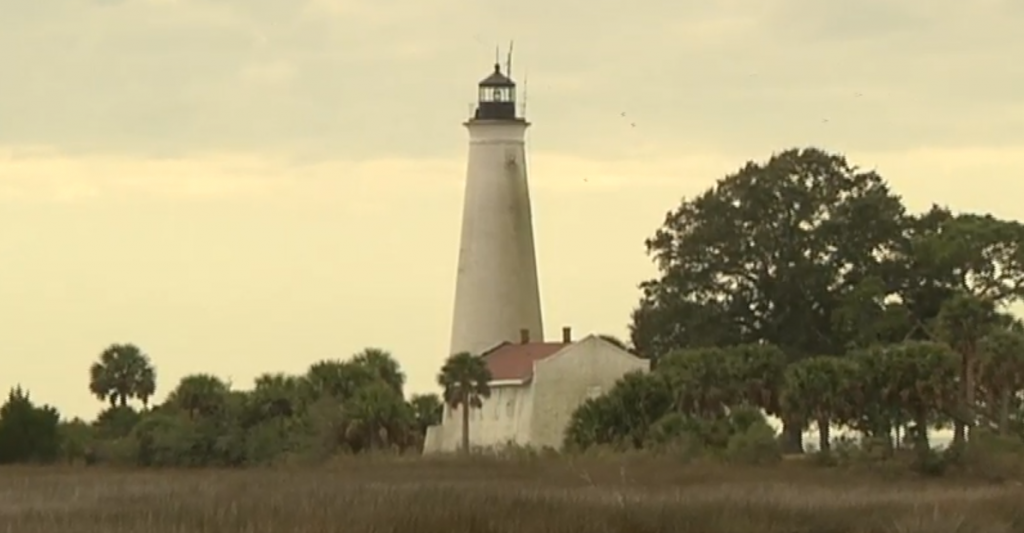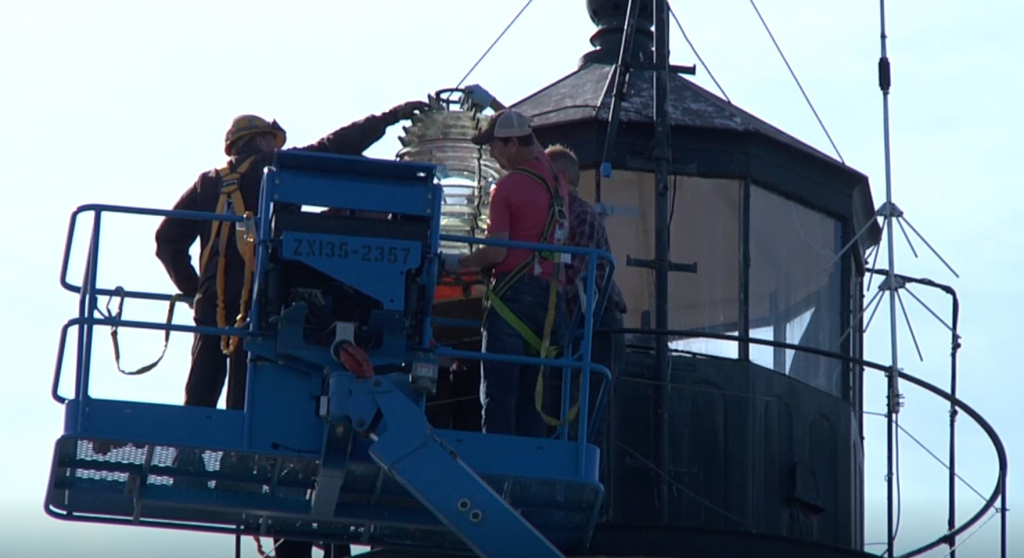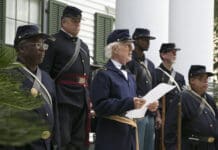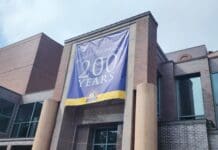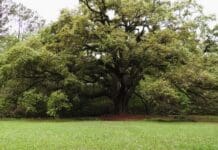In this Local Routes segment, the historic St. Marks Lighthouse is lit for the first time by a lens in six years. Supervisory Refuge Ranger Robin Will discusses its history, and Nick Carlson makes a day trip down to the lighthouse to film it against the sunset.
Discovering the Lighthouse
I have an interesting relationship with St. Marks National Wildlife Refuge. It took a solid year and a half of living in Tallahassee as an out-of-state college student to learn of its existence, and another year and a half as an angler to discover how to catch fish there. Amid all the hikes, the trudging through oyster beds, and the endless battles with deer flies, I didn’t give much consideration to the historic St. Marks Lighthouse, despite its undeniable presence, standing eighty-two feet tall above the refuge. It solicited my curiosity, as a mere passing fancy, but only as of late has it captured my full attention.
With the state of Florida slowly opening back up after the COVID-19 pandemic, I found myself venturing back out to my favorite spots – Lake Elberta, Alligator Point, and St. Marks National Wildlife Refuge. While it was refreshing to be able to get outside and enjoy these places again, I discovered that, in spite of the pandemic, St. Marks sported a fittingly symbolic new development. After six years of darkness, its historic lighthouse had once more begun shining over Apalachee Bay.
“A lighthouse without a light is really not a lighthouse.”
Robin Will, Supervisory Ranger at the St. Marks National Wildlife Refuge
As someone who grew up in the Atlanta area, I had never seen a functioning lighthouse in person, so I wanted to find out more. In the spirit of the times, I scheduled a video call with Robin Will, Supervisory Refuge Manager for St. Marks.
“Obviously we didn’t see the pandemic coming when we picked May 2nd as our date to turn the light on,” Robin explained. “But it sort of has acted as another type of symbol for people that we’re gonna make it through…just being that type of symbol of something good to come.”
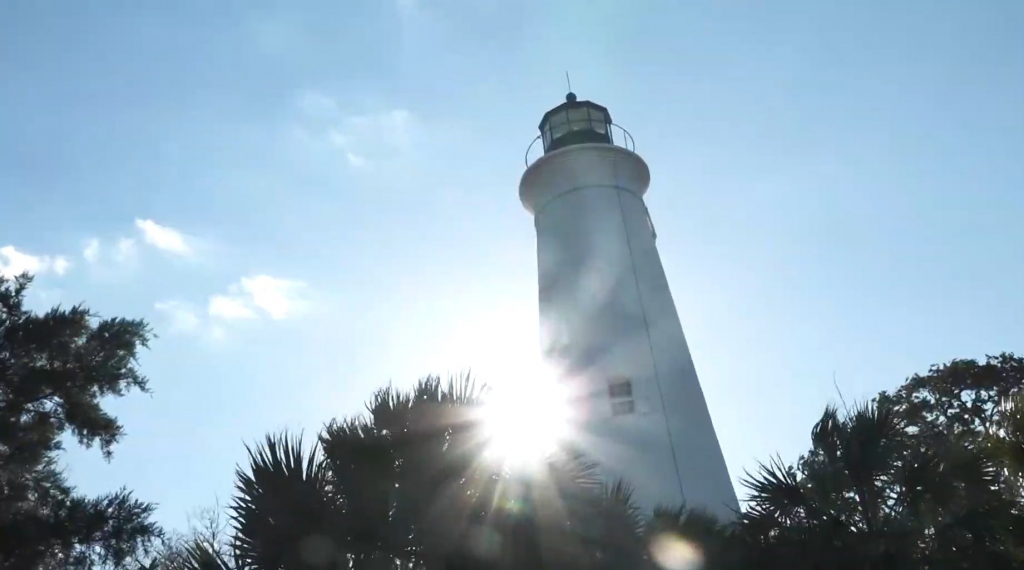

Ranger Will also informed me that the relighting had been a long-time priority for North Floridians. “The historic significance of the restored structure and building, and just, people’s passion and love of the lighthouse, has made the relighting a very important step.
“A lighthouse without a light is really not a lighthouse,” she asserted. “It’s just a nice building that’s been restored and preserved, and the bricks have been painted, and the floors have been redone, and you can go inside it and see what it was like to live as a lighthouse keeper and his family. But really, it’s not a lighthouse.”
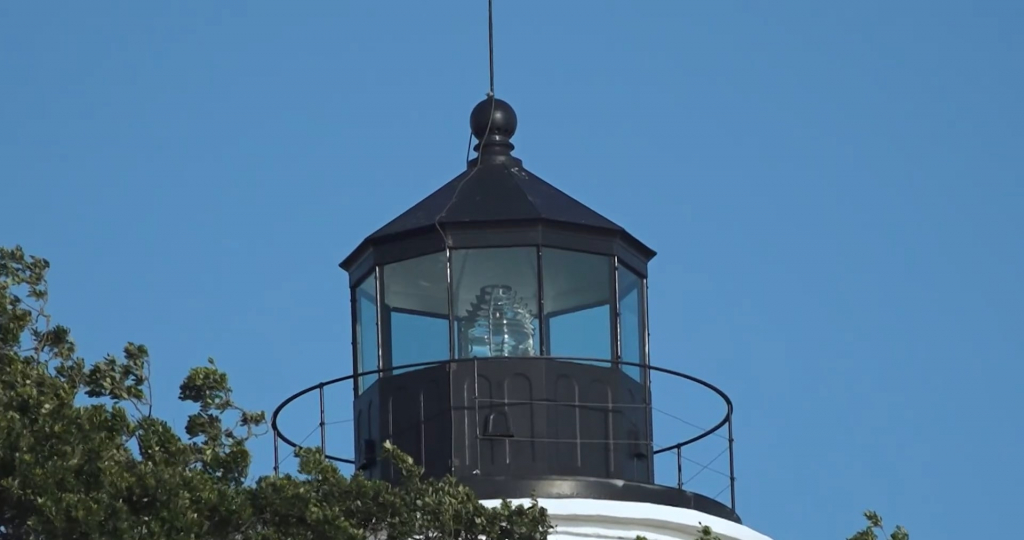

In that moment, I realized that what she’d said had struck a personal note with. My view of the lighthouse had been of a relic from a bygone age, nothing to give too much consideration. But then I was reminded that at one point it did serve a purpose, of guiding ships through the bay’s treacherous shoals, of serving as a cultural icon for North Florida. And I hadn’t considered the place it held in the people’s hearts. Even though it was coincidence that the relighting had occurred on the day it did, that didn’t change its importance. Not only is it a beacon of hope in these trying times, but it’s a literal rekindling of the region’s spirit, a soundless invitation to stay strong and keep going forward.
I had to see it for myself so I embarked down to the Refuge to witness the lighthouse at night.
The Refuge and the Lighthouse
The toll booth was empty, as the Refuge had suspended entrance fees for the time being. Out of habit, I pulled into the parking lot outside the Education and Visitors’ Centers. Without the familiar hum of car engines and the drum of footsteps, it was eerily silent, save for a clattering flagpole in the wind. But as I ventured further down Lighthouse Road, the late afternoon sun shone in full, and the pools shimmered blue underneath it. St. Marks remained as inviting and beautiful as ever.
I set up on the east beach behind the lighthouse, waiting for the sun to set, intending to capture the structure against a twilight backdrop. I quickly realized I was surrounded by a menagerie of life: hispid cotton rats, boat-tailed grackles, mud and fiddler crabs, and leaping mullet out in the bay. I also saw other people out near the lighthouse: fishermen, kayakers, and hikers, all having found opportunities to take advantage of the outdoors.
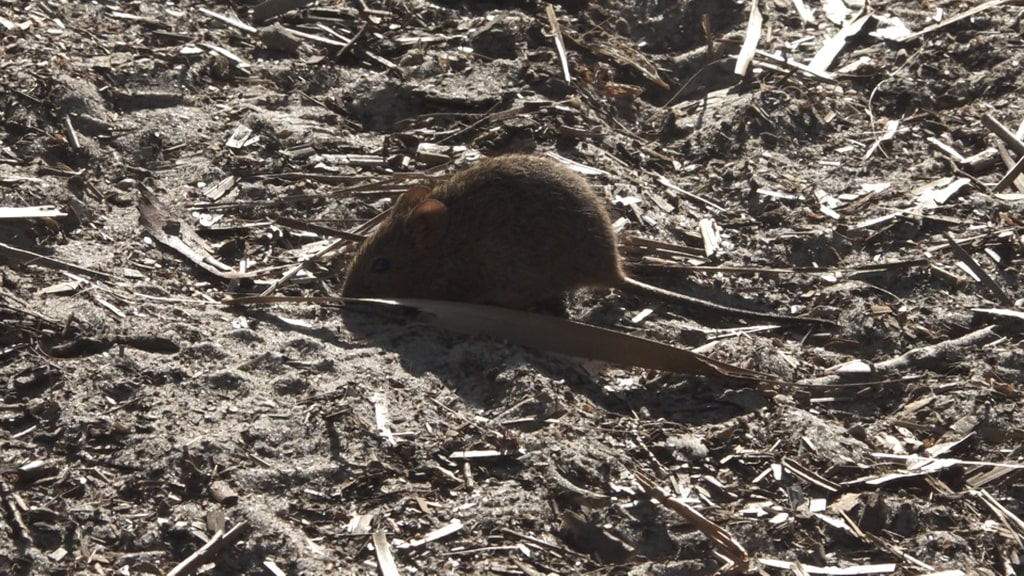

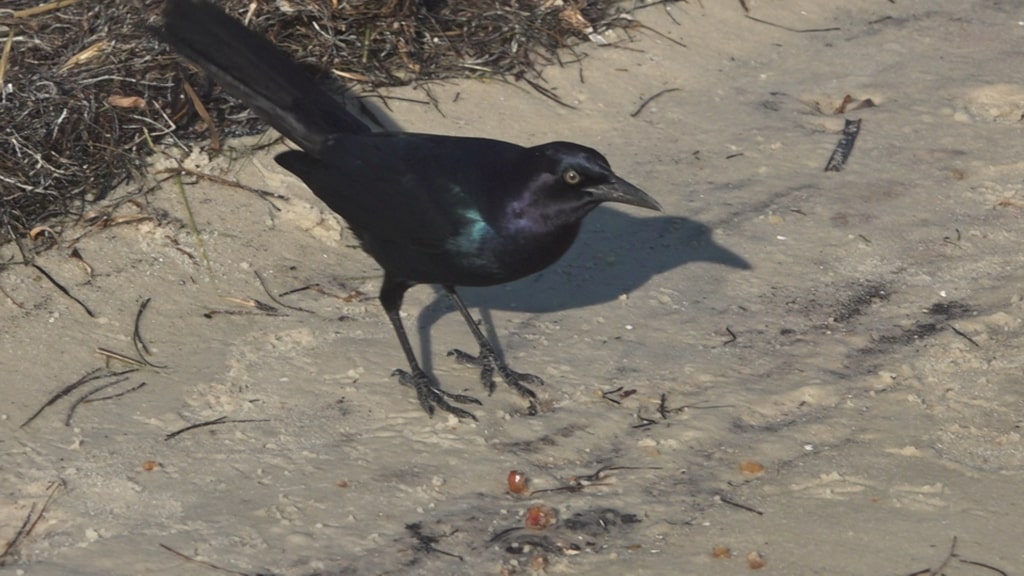

As night approached, and human visitors cleared out for the day, I watched the sun set over Apalachee Bay.
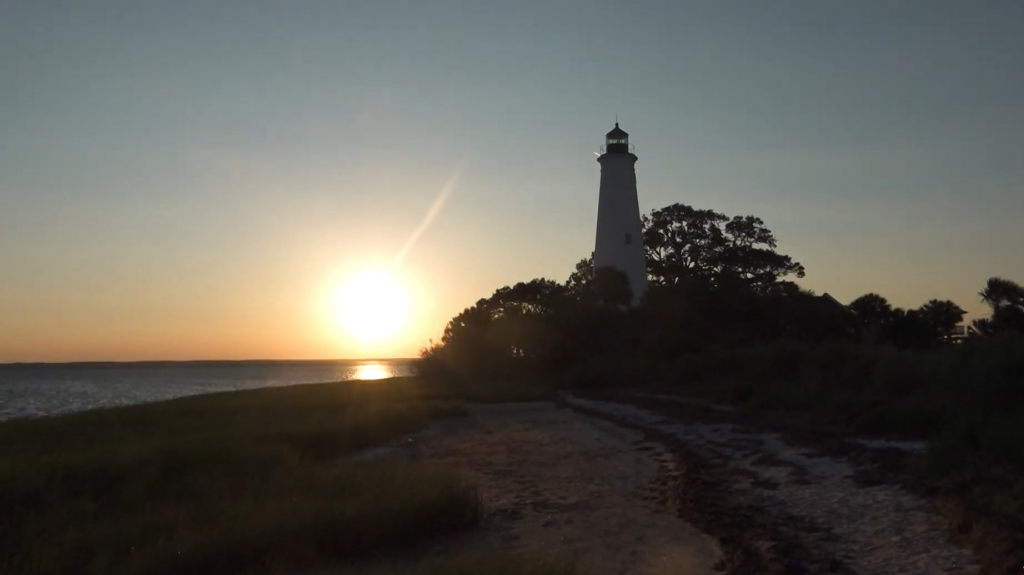

The horizon darkened, and the light came on. Yet, it didn’t seem as bright as what I’d seen in videos and pictures. I later learned that the east side of the lens had been obscured with a film, so that migrating birds wouldn’t become disoriented and strike the building. It was encouraging to know that the Refuge had prioritized wildlife when moving forward with the relighting. And although my particular angle wasn’t the best, the sight of a historic lighthouse performing its original function, against a North Florida sunset, was not only inspiring, but also, assuring.
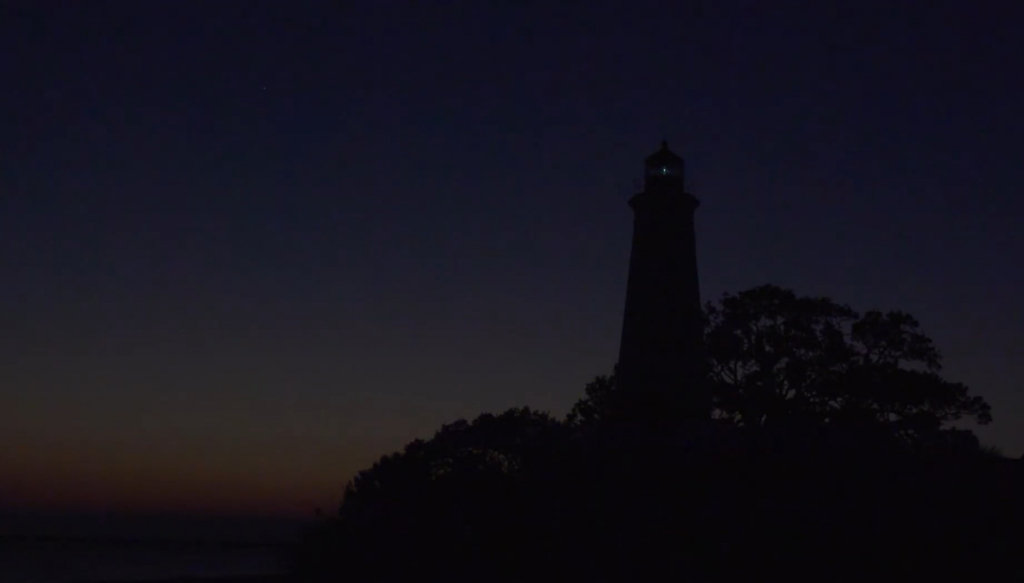

Discover More About the History of the Lighthouse
